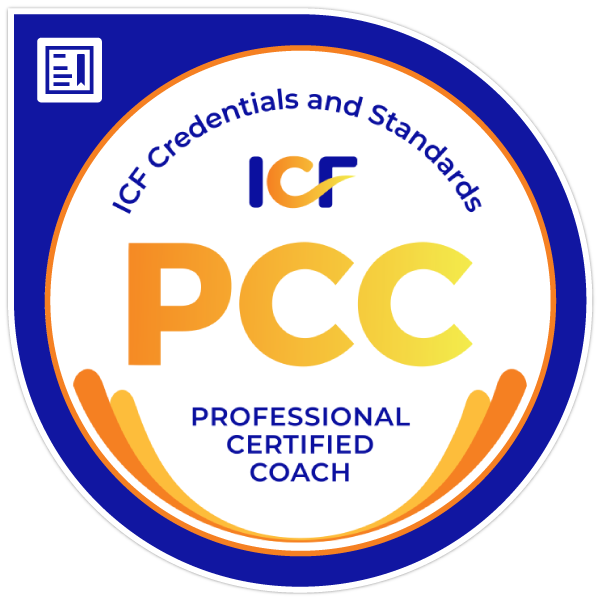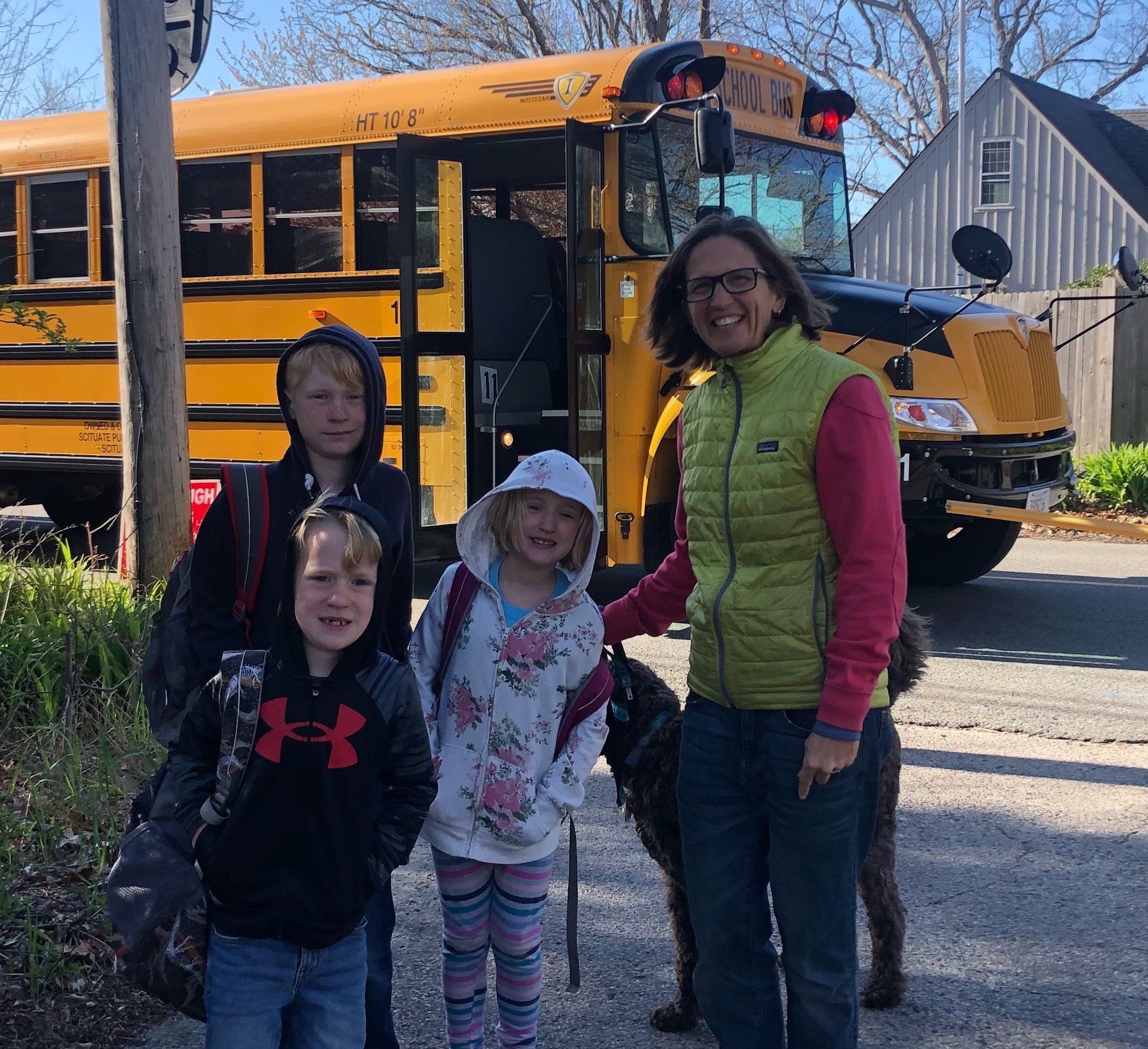
You might be here because…
You may be navigating a season of change, transition, or quiet discomfort — a time when something feels off, uncertain, or heavier than usual. Perhaps you’re clear that you want things to be different, but not yet clear on what needs to change or how to move forward. Or maybe you’ve been moving quickly for a long time and are realizing that you’re operating on autopilot — reacting, coping, managing — rather than choosing intentionally.
Many people come to coaching feeling like life is happening to them. Decisions feel harder than they should. Goals feel fuzzy or disconnected from what really matters. Conversations, meetings, or relationships don’t go the way you intend. You might sense that the issue you’re trying to solve isn’t quite the right one — but you’re not sure what question to ask instead.
Coaching offers space to slow down and pay attention. Together, we make room to notice what’s really going on beneath the surface — emotionally, relationally, and internally — so you can regain clarity, confidence, and choice. This work is for people who are willing to go beyond quick fixes, explore what’s getting in the way, and engage thoughtfully with what’s possible next.
A little about me and why this work matters to me
I don’t come to this work as someone who has figured everything out. I come as someone who has learned — again and again — how powerful it can be to pause, notice, and choose differently.
For a long time, my own imposter syndrome and fear of failure showed up as something to manage, quiet, or work around — especially in my writing, teaching, presenting, and even coaching. Over time, I’ve learned to relate to those voices differently. Instead of treating worry, fear, or low confidence as signs that I shouldn’t proceed, I now expect them to be part of the process. I invite them in, listen for what they’re trying to protect, and keep moving anyway. That shift has changed how I show up more honestly, more grounded, and with far less energy spent fighting myself.
A similar realization showed up in my training for the Boston Marathon. Rather than organizing everything around performance or proving something, I asked a different question: How do I want to feel before, during, and after the race? What mattered most to me was joy — being present, connected, and proud of how I moved through the experience. During the race, when the familiar inner voice appeared — the one that says “you’re tired, you should stop, this means you can’t do it” — I recognized it as an old story. I reminded myself that my more practiced, more aware self knows this feeling is temporary and that the story is no longer true.
These experiences shape how I coach. I’m deeply interested in the stories we carry, the patterns we default to, and the moments when we realize we have more choice than we thought. I don’t believe growth comes from pushing harder or silencing discomfort. It comes from paying attention, asking better questions, and learning to respond with intention — especially when things feel hard.
That’s the work I do alongside my clients.
Why this works well (for you)
It models vulnerability without oversharing
It demonstrates how you think, not just what you know
It reinforces that discomfort, doubt, and fear are normal companions, not disqualifiers
It mirrors the exact shifts you help clients make:
from old narratives → updated ones
from autopilot → choice
from proving → aligning
Transitions are universal. They include the important and familiar milestones of starting kindergarten, graduating from high school or college, and becoming employed, parents, or retirees. These transitional moments, however, also include unexpected or unanticipated events like losing a job, joining a running club, or experiencing a global pandemic.
In each of these moments, individuals, groups, and organizations experience the anxiety, self-doubt, worry, and uncertainty associated with these novel experiences. Our natural response to these moments is to avoid, side-step, or hurry through until this moment of transition is over. The problem with these strategies is that while we are trying to shut out the unpleasant feelings of those moments, we also miss all the possibilities and discovery.
Listening to and Crafting Stories:
Cultivating Activism in Online Doctoral Students
The Johns Hopkins online EdD program prepares students as scholar-practitioners who become leaders and agents of change across educational contexts. Advocating for equity and social justice requires our students to not only immerse themselves in the relevant literature and learn the traditional skills of applied research but to master the art of communication through a sort of storytelling. Storytelling, in this sense, represents a means to gather and analyze data and understand and integrate diverse perspectives to engage and persuade relevant stakeholders (Moezzi, Janda, & Rotmann, 2017).
Engaging faculty in service-learning:
Opportunities and barriers to promoting our public mission
Community engagement has been defined as a collaborative enterprise between higher education institutes and external communities where stakeholders can experience and benefit from a mutually beneficial knowledge exchange. A researcher examined a Research 1 university faculty’s perception of community engagement in the form of service-learning and implemented an online community of practice for faculty and community members to increase the faculty’s use of service-learning. The findings revealed that, although faculty see many benefits in implementing service-learning and report interest in learning about and using this pedagogy, service-learning practices are still considered an addition to faculty workloads rather than an integrated and expected role.
Attending to the Teacher in the Teaching:
Prioritizing Faculty Well-Being
Success in academia depends on productivity in research, teaching, and service to the university, and the workload model that excludes attention to the welfare of faculty members themselves contributes to stress and burnout. Importantly, student success and well-being is influenced largely by their faculty members, whose ability to inspire and lead depends on their own well-being. This review article underscores the importance of attending to the well-being of the people behind the productivity in higher education. This article concludes with strategies to improve faculty well-being that incorporate an intentional focus on faculty members themselves, prioritize a community of well-being, and implement continuous high-quality professional learning.




















